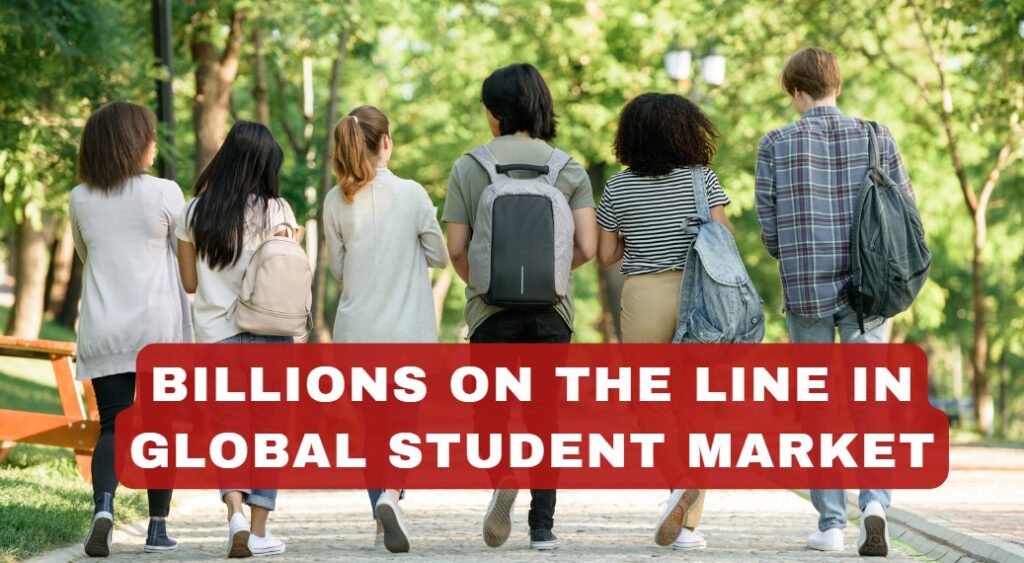
The global landscape for international students is experiencing a concerning shift. Several countries, including Britain, the Netherlands, Australia, and Canada, are considering policies that may restrict their intake. This trend is driven by concerns about overburdened housing markets and public services. However, such measures pose a significant risk of undermining the very benefits these students bring.
The Economic Value of International Students
The narrative that international students are a strain on resources overlooks their substantial economic contribution. Studies in Britain, for example, have shown a positive benefit-to-cost ratio for international students. They pay significantly higher tuition fees and contribute to a vibrant economy through their spending. The higher education sector in some countries, particularly Britain, has become heavily reliant on this revenue stream. Abrupt changes in student intake could have a devastating impact on universities.
Beyond Economics: Cultural Exchange and Collaboration
The value of international students extends far beyond economics. They foster cultural diversity and create a more dynamic learning environment for everyone. They are potential future collaborators and partners, strengthening international ties and fostering global understanding. Retreating from openness to international students risks diminishing this rich exchange.
Addressing Legitimate Concerns
The concerns regarding housing and public services are valid. However, scapegoating international students isn’t the solution. Governments should focus on long-term planning to increase housing supply and improve infrastructure. Additionally, concerns about “low-quality” courses warrant further discussion, but such discussions should be evidence-based and avoid elitism.
A More Strategic Approach
Instead of restrictive policies, governments should focus on attracting the “right” students. This could involve targeted marketing campaigns showcasing high-quality programs and career opportunities. Furthermore, streamlining visa processes and offering post-graduation work options can incentivize top talent to remain and contribute further.
The Temporary Nature of the Influx
The surge in international students is likely temporary. The pandemic forced many to delay studies, leading to a temporary peak. This bulge will naturally subside without government intervention.
Conclusion
International student mobility is a global phenomenon with immense benefits. Restrictive policies based on misconceptions risk hindering economic growth, cultural exchange, and global collaboration. Focusing on long-term solutions and strategic attraction strategies will be far more beneficial than enacting policies that alienate these valuable contributors.
Looking forward to getting more information on the migration program Call or WhatsApp us 00974 4493 4528
Connect with us to get updates on our regular Immigration and hiring updates 🤝🏻
💬Official Whatsapp Channel | 💬 Whatsapp Community | 👍 Facebook | 📸 Instagram | 💼 LinkedIn







